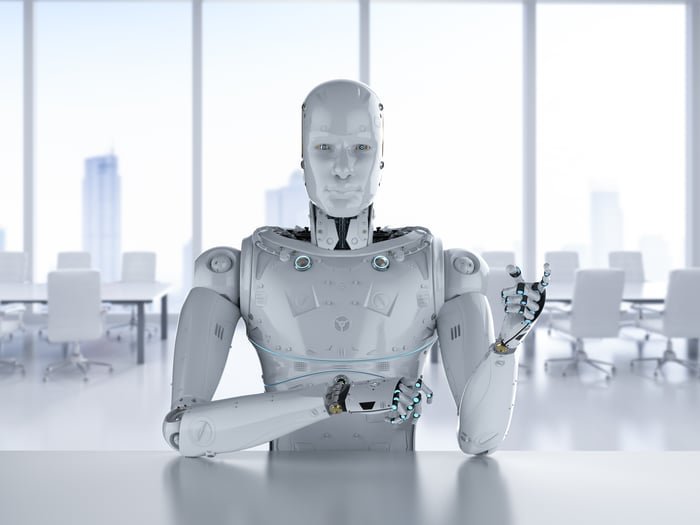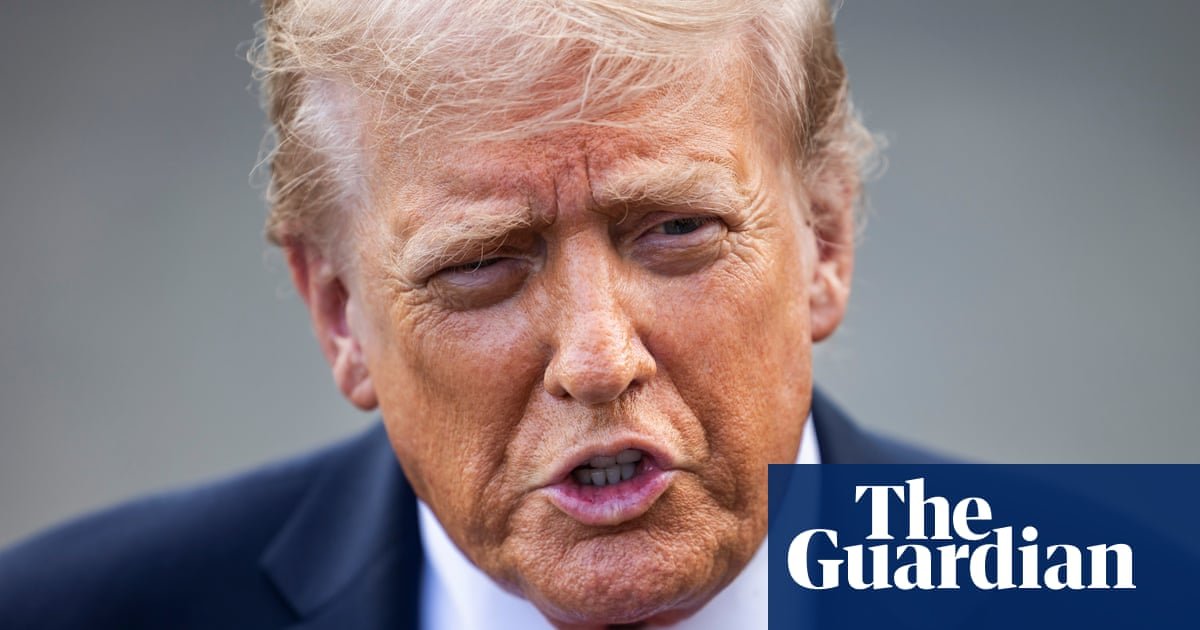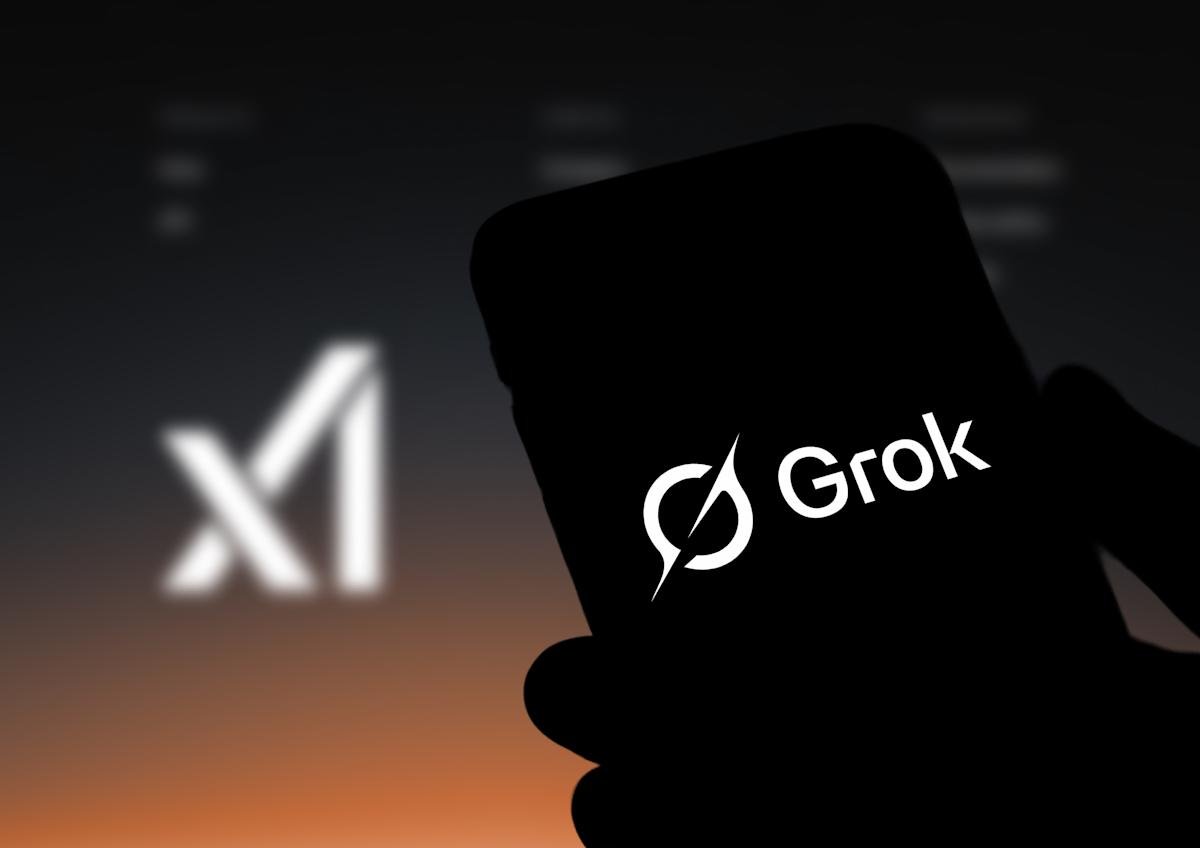Business
Fed governor Lisa Cook declared key property as ‘vacation home’, files show | US news

A loan estimate for an Atlanta home purchased by Lisa Cook, the Federal Reserve governor accused of mortgage fraud by the Trump administration, shows that Cook had declared the property as a “vacation home”, according to a document reviewed by Reuters.
The document, dated 28 May 2021, was issued to Cook by her credit union in the weeks before she completed the purchase and shows that she had told the lender that the Atlanta property would not be her primary residence. The document appears to counter other documentation that Cook’s critics have cited in support of their claims that she committed mortgage fraud by reporting two different homes as her primary residence, two independent real-estate experts said.
Reuters was unable to reach Cook for comment. She has repeatedly denied any wrongdoing regarding her properties, which also include a home in Ann Arbor, Michigan, and an investment property in Massachusetts.
Administration officials led by Bill Pulte, director of the Federal Housing Finance Agency, have used mortgage documents from her Atlanta and Michigan properties to accuse Cook of claiming both as her “primary residence”. The allegedly false claims of residence, which could improve mortgage and tax implications for a homeowner, led Pulte to refer the matter to the Department of Justice, prompting a federal investigation and an order by Donald Trump to dismiss her.
Cook, who remains at the Federal Reserve, has sued the president to resist her dismissal. Reuters was unable to determine whether Pulte or administration officials are aware of Cook’s Atlanta loan estimate. Spokespeople at the FHFA, the agency led by Pulte, did not respond to a request for comment.
The documents cited by Pulte include standardized federal mortgage paperwork which stipulates that each loan obtained by Cook for the Atlanta and Michigan properties is meant for a “primary residence”. But documentation reviewed by Reuters for the Atlanta home, filed with a court in Georgia’s Fulton county, clearly says the stipulation exists “unless Lender otherwise agrees in writing”. The loan estimate, a document prepared by the credit union, states “Property Use: Vacation Home”.
The document appears to help Cook’s case, said two real-estate experts who aren’t involved in representing her. That’s because it indicates that during the loan-application process, she told the lender she intended to use the property as a vacation home.
The lender, Washington-based Bank-Fund Staff Federal Credit Union, did not respond to a request for comment.
In another point that could help Cook’s case, she never requested a tax exemption for the Georgia home as a primary residence, according to property records and a Fulton county tax official.
A separate document reviewed by Reuters, related to a federal form completed by Cook as she obtained security clearance for her role at the Federal Reserve, shows that in December 2021 she also declared the Atlanta property as a “second home.” Though unrelated to the mortgage, the declaration on that document, a supplement to a US government national security form known as SF-86, is consistent with the claim on her Atlanta loan summary.
Surrounding the accusations against Cook is a battle over Trump’s effort to wield more control over the Federal Reserve, the central bank of the United States and an independent institution meant to be free of political meddling. Trump has often criticized Fed governors because of their reluctance to cut interest rates since he returned to the White House earlier this year.
Amid the controversy, the personal finances of other government officials and their families have also come into question by rival politicians, the media and others.
Last week, Reuters reported that Pulte’s own father and stepmother had declared two homes in two different states as their primary residence, prompting a town in Michigan to remove a tax exemption for their home there and charge the couple for back taxes. Pulte and his parents didn’t respond to requests for comment about the matter.
Business
Elon Musk Just Said 80% of Tesla’s Value Will Come From This Artificial Intelligence (AI) Business, Which Jensen Huang Says Could Be Worth Trillions (Hint: It’s Not Robotaxi)

Elon Musk thinks Tesla’s biggest business has nothing to do with its electric vehicles.
Elon Musk is no stranger to bold statements. His comments, often hyperbolic, consistently capture far more attention than the standard rhetoric from corporate executives. Over the past several years, Musk has articulated a vision to evolve Tesla (TSLA 7.21%) beyond its roots as an electric vehicle (EV) and energy-storage company into a broader technology platform centered on artificial intelligence (AI).
At the heart of this strategy is Tesla’s push toward fully autonomous driving. While robotaxis dominate the conversation around Tesla’s AI roadmap, there is another opportunity quietly flying under the radar that could carry even greater implications: Optimus, the company’s humanoid robotics project.
What once sounded like science fiction is slowly becoming a legitimate, tangible reality. Industry leaders such as Nvidia‘s Jensen Huang have pointed to the multitrillion-dollar potential at the intersection of AI and robotics. Musk has gone even further, asserting that Optimus could one day account for 80% of Tesla’s value once the platform is scaled.
For investors, this raises an important question: Is Optimus another example of Musk’s grandiose promises, or could it really become Tesla’s most impactful product ever?
Why are humanoid robots important in the broader AI narrative?
In recent years, much of the progress in artificial intelligence has come from the development of large language models (LLMs) capable of generating detailed, context-rich answers to user queries. While these systems have boosted efficiencies across certain workflows, they remain fundamentally reactive — waiting for prompts before offering value.
This limitation highlights why humanoid robotics is such an ambitious frontier. Unlike traditional industrial robots, humanoid robots are built with arms, legs, and advanced dexterity, enabling them to perform human-level tasks in real-world environments.
In many ways, humanoid robotics represent the closest manifestation of achieving generalized intelligence — AI that doesn’t just respond but actively engages with the physical world.
Image source: Getty Images.
What companies does Tesla Optimus compete with?
Thanks in part to Musk’s star power, Optimus has become an increasingly recognized prototype in the humanoid robot landscape. However, Tesla is far from alone in pursuing this technology.
Boston Dynamics — backed by Hyundai — continues to show off mobility and agility capabilities through its humanoid robot platform, Atlas.
Meanwhile, Figure AI — a start-up backed by AI heavyweights such as Microsoft, Nvidia, OpenAI, and Jeff Bezos — is building a competing humanoid system with an initial focus on manufacturing and logistics applications.
Could Optimus really account for 80% of Tesla’s future value?
Today, Tesla’s revenue and profitability are largely driven by its EV and energy-storage businesses. Optimus introduces an entirely new frontier: labor automation. Designed as a general-purpose worker, Optimus has the potential to support manufacturing and production on factory floors while also handling routine tasks in household settings.
The implications are twofold. Internally, deploying Optimus in its gigafactories could yield significant labor efficiencies — lowering operating costs and expanding profit margins as vehicle production scales. Externally, commercialization unlocks the doors to penetrating new markets such as logistics, retail, and healthcare — all areas where reliable labor needs are rising.
Unlike vehicles, which remain commoditized products subject to cyclical demand, Optimus could become a recurring, mission-critical asset for businesses seeking to offset labor shortages or inflationary costs. If successful, this would provide Tesla with a much-needed durable growth engine beyond its legacy auto and energy solutions.
This is why Musk contends that Optimus could ultimately become Tesla’s largest business. Recurring demand and the high-margin nature of robotics have the potential to dwarf even the most optimistic scenarios for Tesla’s car business, which will always face shifting consumer preferences and intense competition from other automakers.
If Tesla executes on its robotics pursuit, the upside could be enormous, potentially reaching $10 trillion, according to Musk. With that said, Optimus should still be viewed largely as a moonshot. The product remains years away from global adoption and is unlikely to move the financial needle for Tesla anytime soon.
Adam Spatacco has positions in Microsoft, Nvidia, and Tesla. The Motley Fool has positions in and recommends Microsoft, Nvidia, and Tesla. The Motley Fool recommends the following options: long January 2026 $395 calls on Microsoft and short January 2026 $405 calls on Microsoft. The Motley Fool has a disclosure policy.
Business
Trump ‘ready’ to impose sanctions on Russia if Nato nations stop buying its oil | Donald Trump

Donald Trump has said he is ready to impose sanctions on Moscow, but on the condition that all Nato allies agree to completely halt purchases of Russian oil and implement their own sanctions.
He also suggested members of the transatlantic alliance consider imposing tariffs of 50% to 100% on China for its purchases of Russian petroleum as a way to help end the war.
In a post on his social media site Truth Social on Saturday, the US president wrote: “I am ready to do major Sanctions on Russia when all NATO Nations have agreed, and started, to do the same thing, and when all NATO Nations STOP BUYING OIL FROM RUSSIA.”
Trump also said the alliance’s commitment to winning the war “has been far less than 100%” and branded the purchase of Russian oil by some members of the alliance as “shocking.”
“If NATO does as I say, the war will end quickly, and all of those lives will be saved! If not, you are just wasting my time, and the time, energy, and money of the United States,” he continued.
Turkey, a Nato member, is the third largest buyer of Russia’s oil products, after China and India, according to the Centre for Research on Energy and Clean Air. Other Nato members who purchase Russian oil include Hungary and Slovakia.
Trump has repeatedly threatened Russia with additional sanctions, but so far he has failed to follow through.
Trump also presented the prospect of Nato imposing tariffs on China, which has deepened ties with Moscow, following a high-profile summit between Xi Jinping and president Putin recently in Beijing.
“I believe that [NATO sanctions on Russia], plus NATO, as a group, placing 50% to 100% tariffs on China, to be fully withdrawn after the war with Russia and Ukraine is ended, will also be of great help in ending this deadly, but ridiculous war,” Trump said.
The president has already placed a 25% import tax on goods from India for its buying of Russian energy products, but has not yet placed additional tariffs on China for doing the same.
Trump’s post comes as tensions mount after multiple Russian drones flew into Poland on Wednesday, entering Nato airspace and marking a potential escalation of the war, prompting the alliance to announce a new mission to bolster its eastern flank.
Business
xAI reportedly laid off at least 500 AI tutors working on Grok

xAI has laid off at least 500 workers from its data annotation team, the company’s largest, according to Business Insider. The annotation team is in charge of categorizing and contextualizing raw data used to train Grok so that it can understand the world better. Business Insider says the laid off employees were informed via email on the evening of September 12, Friday, that it was going to downsize its team of general AI tutors. They were reportedly told that they would be paid their salaries until the end of their contracts on November 30, but their access to xAI’s systems had been cut off after they received the notice.
When Reuters asked the company for a comment, it referred to a post on X wherein it posted a call for specialist AI tutors instead. xAI said that it will “immediately surge [its] Specialist AI tutor team by 10x” and that it’s hiring across STEM fields. As specialist tutors, the new hires will be “enhancing [the company’s] AI technologies through high-quality inputs, labels and annotations using specialized software.” They’ll gather data and provide their own, not only in text format, but also through audio recordings and video sessions.
As Reuters has noted, the layoffs come after several high-profile departures from xAI, including the company’s chief financial officer Mike Liberatore. The company launched Grok 4 in July, calling it the “smartest AI in the world.” Elon Musk claimed during the model’s reveal that if you make Grok 4 take the SATs and the GREs, it would get near perfect results every time and can answer questions it’s never seen before. He also proclaimed that Grok is going to invent new tech maybe later this year, and that he would be shocked if it doesn’t happen next year.
-

 Business2 weeks ago
Business2 weeks agoThe Guardian view on Trump and the Fed: independence is no substitute for accountability | Editorial
-
Tools & Platforms1 month ago
Building Trust in Military AI Starts with Opening the Black Box – War on the Rocks
-

 Ethics & Policy2 months ago
Ethics & Policy2 months agoSDAIA Supports Saudi Arabia’s Leadership in Shaping Global AI Ethics, Policy, and Research – وكالة الأنباء السعودية
-

 Events & Conferences4 months ago
Events & Conferences4 months agoJourney to 1000 models: Scaling Instagram’s recommendation system
-

 Jobs & Careers2 months ago
Jobs & Careers2 months agoMumbai-based Perplexity Alternative Has 60k+ Users Without Funding
-

 Podcasts & Talks2 months ago
Podcasts & Talks2 months agoHappy 4th of July! 🎆 Made with Veo 3 in Gemini
-

 Education2 months ago
Education2 months agoMacron says UK and France have duty to tackle illegal migration ‘with humanity, solidarity and firmness’ – UK politics live | Politics
-

 Education2 months ago
Education2 months agoVEX Robotics launches AI-powered classroom robotics system
-

 Podcasts & Talks2 months ago
Podcasts & Talks2 months agoOpenAI 🤝 @teamganassi
-

 Funding & Business2 months ago
Funding & Business2 months agoKayak and Expedia race to build AI travel agents that turn social posts into itineraries

